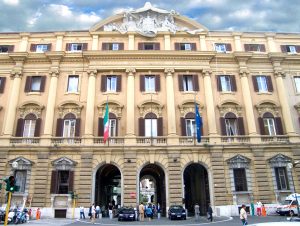Last April it was all over the news: more than 500 million Facebook users’ information is splashing across the internet, due to a massive data breach. Data like profile names, phone numbers, and email addresses are now all linked together and tied to their victims, thereby presenting well-ordered profiles to possible phishers, spammers, or scammers.
Even though Facebook found and fixed this breach more than a year ago, the information is now widely available online since it has been published in a hacking forum. These events have caused a revival of the debate on privacy and the malfunctioning of public administrations to protect their citizens from data leaks.
We asked a Professor from Radboud University Nijmegen, prof. dr. Taco Brandsen, to reflect on this event from a governance perspective.
In what extent do you think public administrations are able to protect citizens with regard to securing personal data and privacy issues?
At the moment, public administrations have limited means of doing so. In the past, people feared the all-knowing state, strikingly depicted in such novels as 1984. Yet currently most data are collected and owned by private companies that operate globally and who are adept at avoiding effective oversight. Attention for the issue has been growing, but public administrations are the weaker party. It is encouraging, though, that the EU has chosen to play a leading role in defending privacy.
How do you feel about the power of Facebook?
The power of Facebook is the result of public administrations’ lack of success in protecting their citizens. In its defense, Facebook is doing what most companies would probably do, given a near-monopoly. In a democracy, one of the state’s most crucial tasks is to limit power. In the case of Facebook, Amazon, and Google, it has ostensibly failed to do so.
There are two major possibilities to correct the situation. One is to enforce regulation to curb the power of big tech. Another is to offer non-profit alternatives to the services of companies like Facebook. These two options imply different views of the role of the state. Nevertheless, success can probably only be achieved through a combination of both.





